Judge Katanji Brown Jackson’s opinion in House Judiciary Committee v. McGahn, which came down Monday, is more about executive power or the feebleness of Congress than it is about executive privilege. About three quarters of Judge Jackson’s opinion is devoted not to the question of whether the executive has a privilege that frees former White House counsel Donald McGahn from his apparent obligation to appear before the House Judiciary Committee to answer questions but to whether Congress may call on the courts to decide this issue.
The arguments the administration, through the Department of Justice, advances are of two main types. The first is that the judiciary committee has not suffered the kind of cognizable injury that would give it standing to sue; hence it cannot bring the matter to court. The second is that because of the Constitution’s separation of powers and the fact that almost all congressional-executive subpoena disputes have historically been resolved through negotiations between Congress and the executive (“accommodation”), the judiciary has no role to play in resolving subpoena disputes between the two other branches. The DOJ advances a variety of arguments in favor of these propositions and Judge Jackson shoots them down in turn. In doing so Judge Jackson draws extensively on an opinion by D.C. District Court Judge John D. Bates in a similar, earlier case involving then-former White House counsel Harriet Miers. In that case, Judge Bates held that the court was empowered to decide the executive privilege question and that although Miers had been White House counsel, she had to appear as a witness before the congressional committee that had summoned her.
Judge Jackson is careful to note that Judge Bates’s opinion, though precedent, is not binding precedent because it is not the judgment of a superior court—but she finds his reasoning on the issues she confronts persuasive. On the standing issue, however, there was arguably binding precedent, although Judge Jackson did not mention it. On appeal the D.C. Circuit Court panel hearing Miers, although it never reached the substantive issues in the case, determined that it had jurisdiction. Although the jurisdictional issue it resolved had nothing to do with standing, if a court determines a litigant lacks standing, whether or not the issue has been raised, the court should dismiss the case sua sponte. Thus, in holding that it had jurisdiction to hear the appeal in Miers, the circuit court was implicitly deciding that the committee that had brought the case had standing.
In arguing that even if the House had standing to sue the court lacked the power to decide, the DOJ was trying to squeeze through a narrow window in past precedent. In past cases the Supreme Court had made it clear that the courts could resolve executive department claims for subpoena immunity when the subpoena was issued in connection with a grand jury investigation or civil litigation, but it had never decided if the law regarding legislative subpoenas was the same. Judge Jackson’s decision holding that the rule is the same, like Judge Bates’s before hers, seems correct on this score. It is also likely to be what the higher courts will decide because the courts tend to jealously guard their claim to be the final interpreters of the law.
Having decided that the House committee could bring the suit and that the court had the power to resolve it, Judge Jackson made relatively short work of the DOJ claim that a privilege existed which gave the president’s close aides immunity from responding to subpoenas. She also made it clear, however, that in appearing and giving testimony, McGahn might be able to invoke other privileges to avoid responding to particular questions without risking being cited for contempt of Congress.
The DOJ lost on both the power and privilege strands of its claims. It might appear that had it won, the argument on which it won would have been of little import. In that situation, regardless of why he prevailed, McGahn would not have to appear before the House Judiciary Committee and testify. But this is far from the case. A victory on the power strand would have greatly altered the balance of power between the legislative and judicial branches. Indeed, no colorable claim of executive privilege would be necessary for the executive to order a current or past government employee to refrain from testifying before Congress. So long as that employee decided to obey the executive’s order, Congress would have no way to enforce its subpoena. So, the DOJ’s argument in McGahn was in fact an argument for the consolidation of even greater power in the president than the executive now possesses. Judge Jackson rejected that argument.
The Brookings Institution is committed to quality, independence, and impact.
We are supported by a diverse array of funders. In line with our values and policies, each Brookings publication represents the sole views of its author(s).

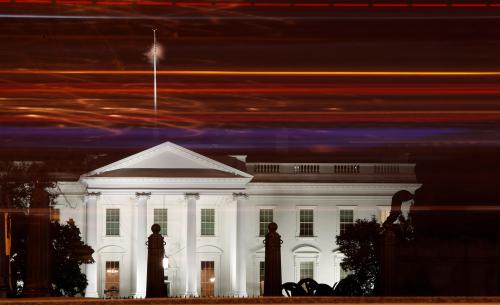
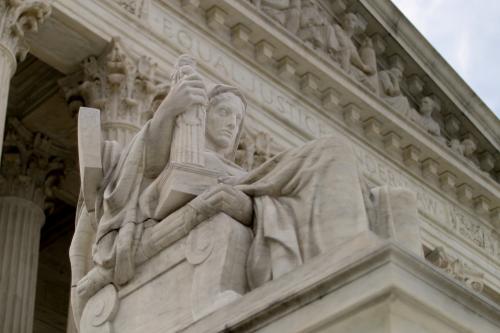
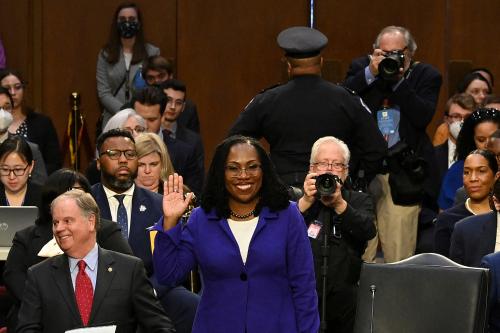
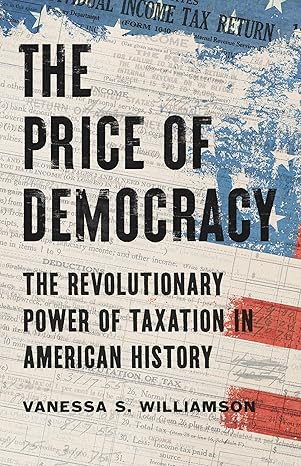
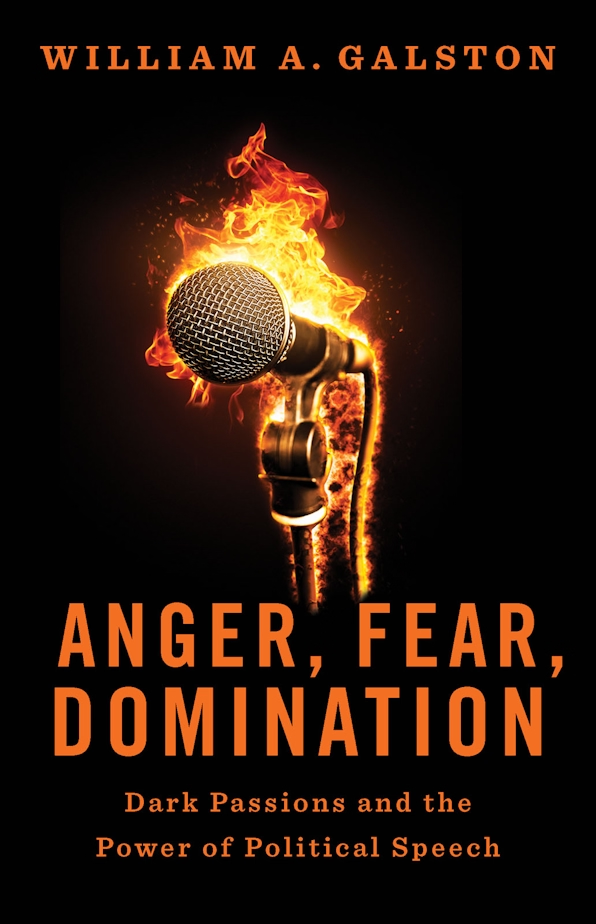





Commentary
House Judiciary Committee v. McGahn: Executive power or executive privilege
November 27, 2019